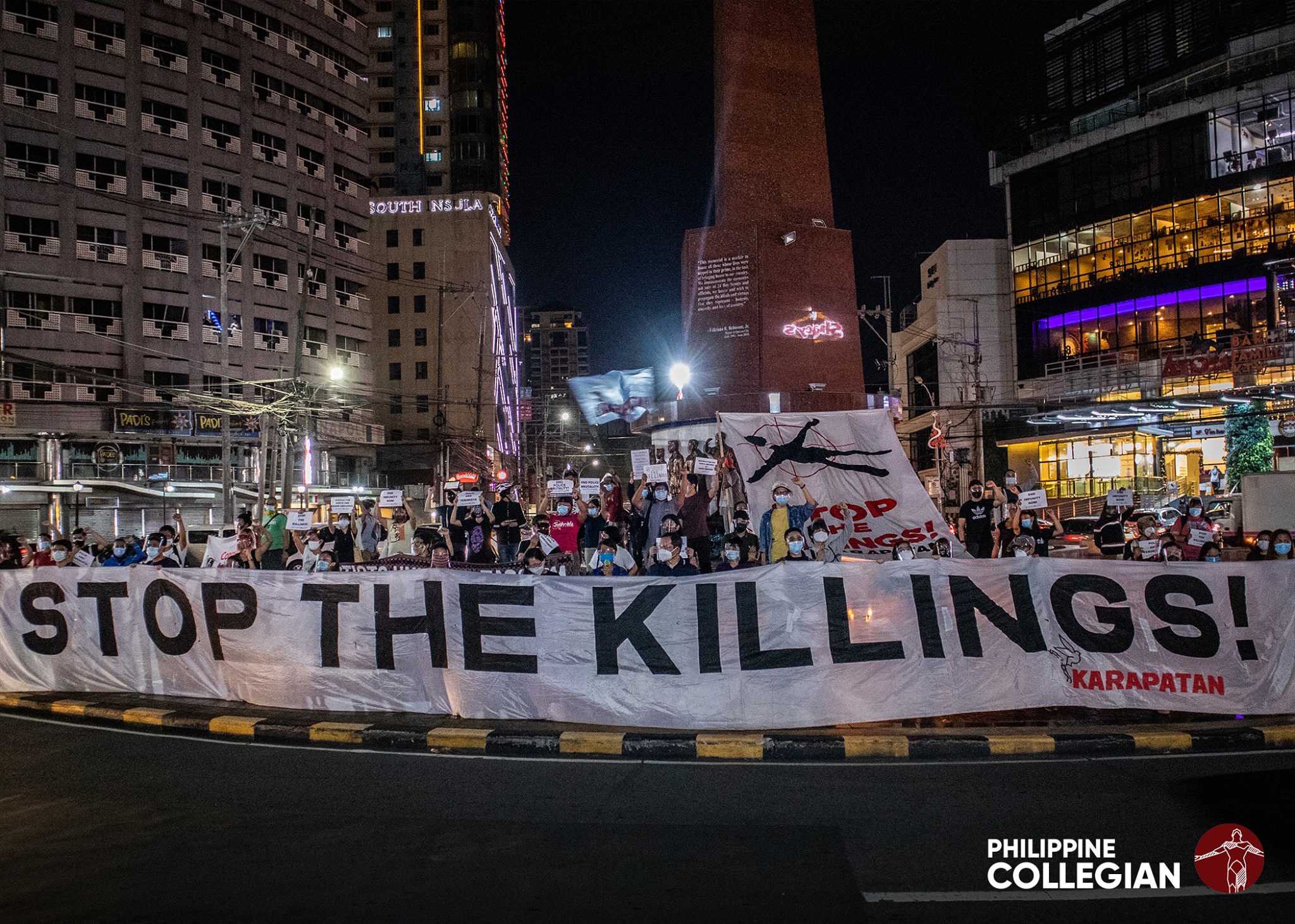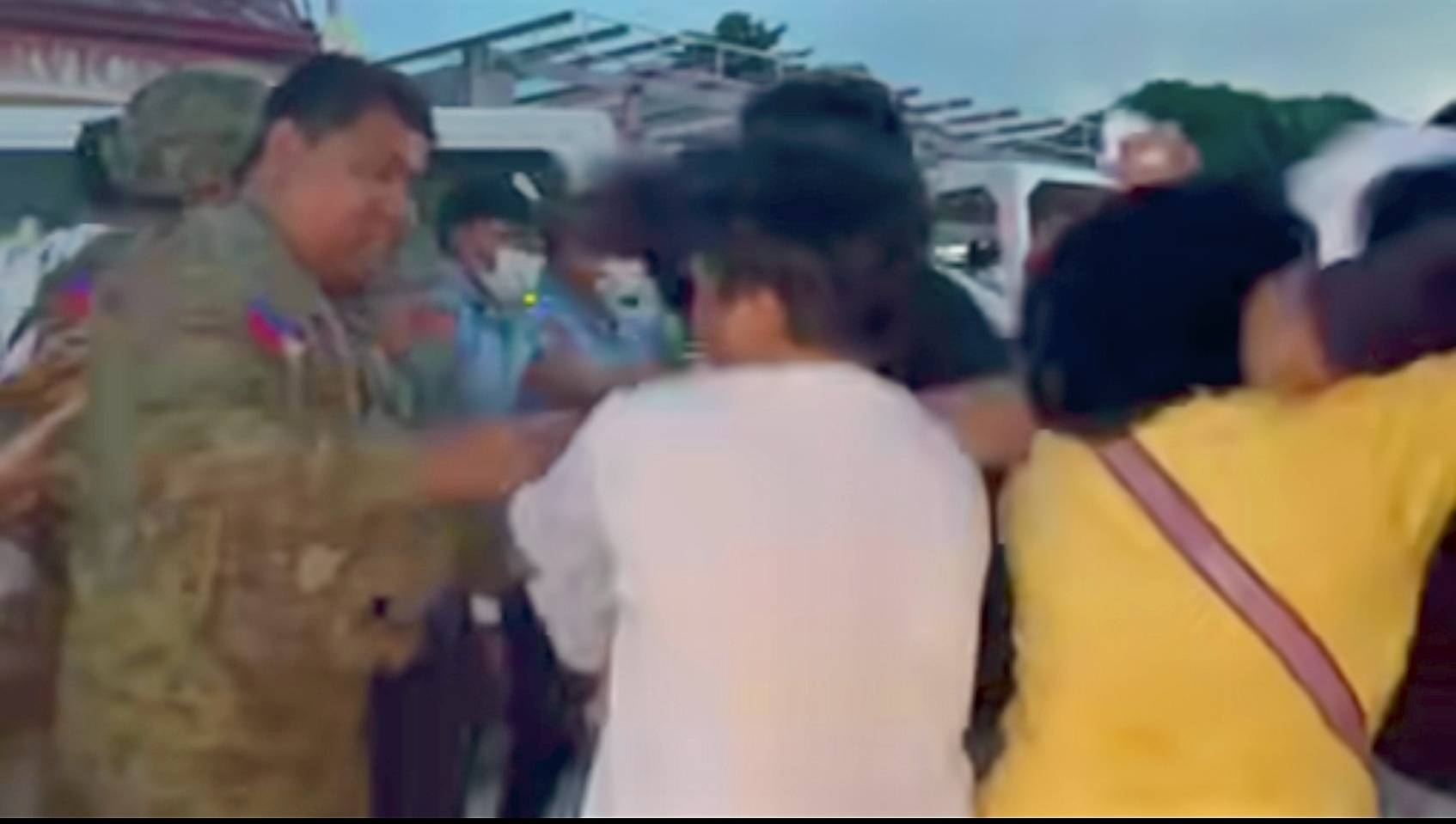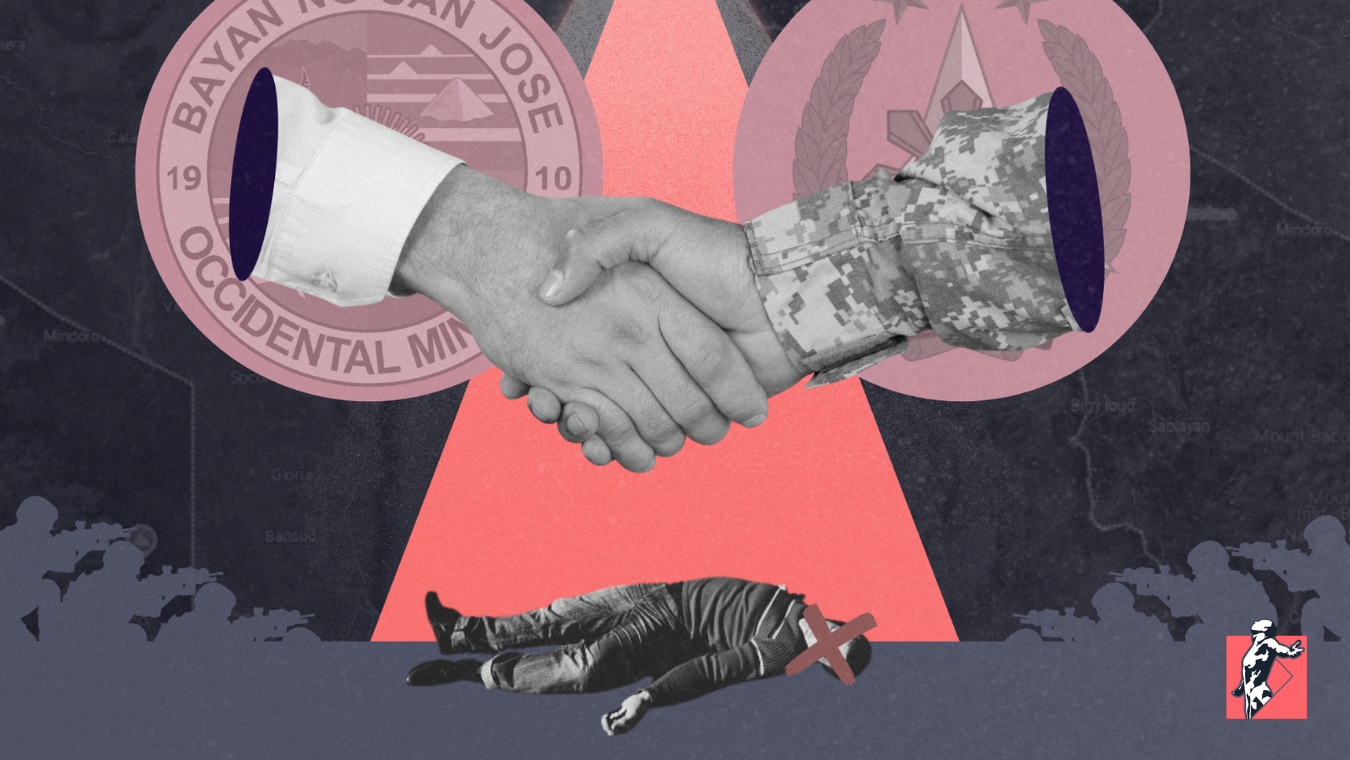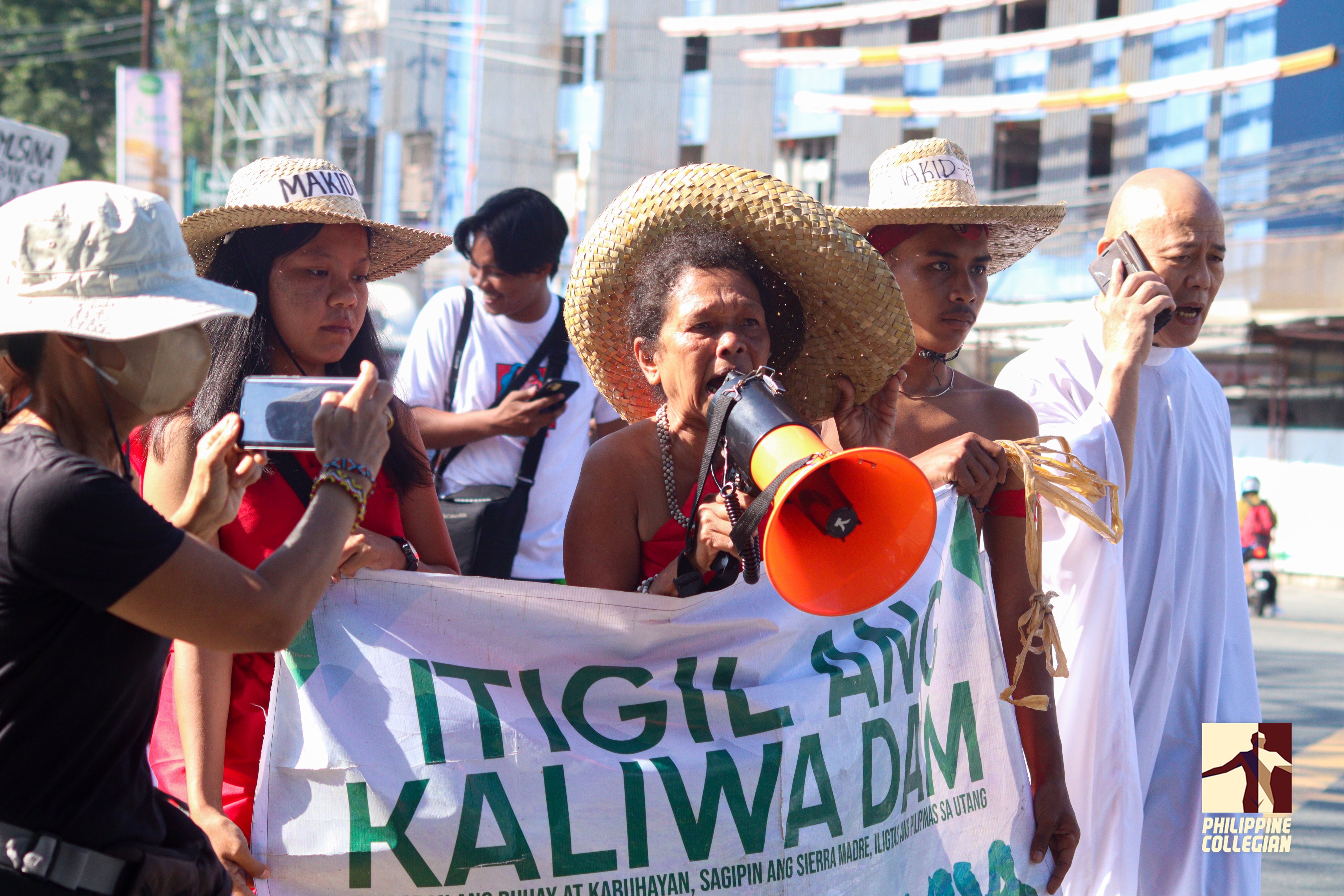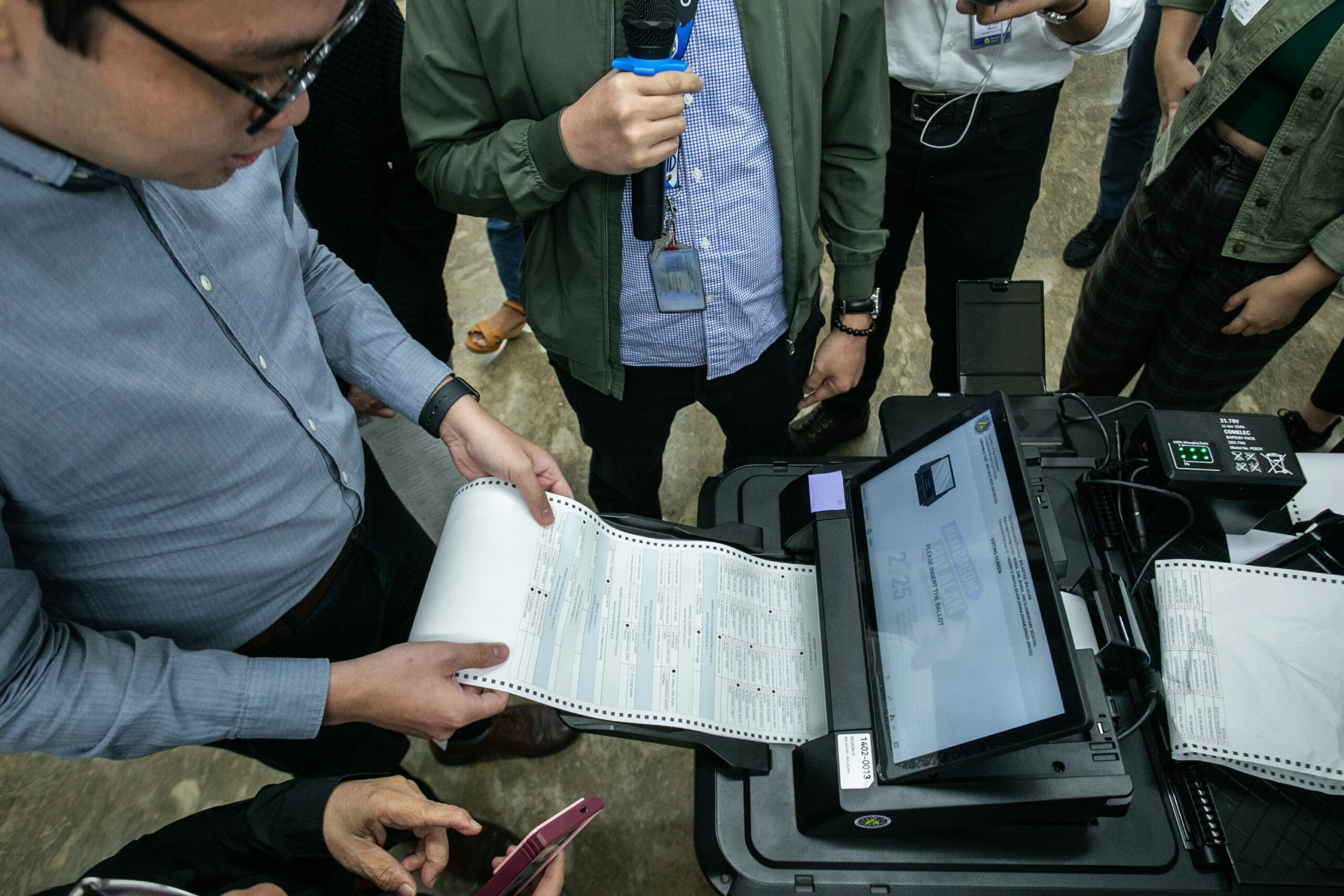It is through adherence to the rule of law and adequate accountability mechanisms that political violence in the Philippines can be alleviated, political scientists say, following the assassination of Roel Degamo, governor of Negros Occidental, in March.
Sen. Ronald Dela Rosa, who headed the three-day Senate investigation behind Degamo’s killing, said the province experienced over "500 murders in five years for an average of 100 killings a year," even before the Degamo assassination. The assassination of governor is the most recent political violence case under the Marcos administration.
Sol Dorotea Iglesias, an assistant professor of Political Science at UP Diliman, said adherence to the rule of law is essential to hold the perpetrators of political killings accountable.
"Accountability is the solution to impunity. I think the problem is that when there is accountability, sometimes it is selective, so there needs to be accountability under the rule of law," Iglesias said.
Despite government efforts to investigate the Degamo assassination, accountability for the culture of impunity and violence still receives little to no attention, as shown in a 2022 report by the Peace Research Institute Frankfurt (PRIF).
Over 15 years, there have been more than 70 politicians killed every year, with political-related deaths increasing annually. PRIF also reported that political violence cases jumped to 90.2 killings yearly from 2016 to 2022 under the Duterte administration.
But despite the rampant killings, the country’s justice system hasn’t caught up.
The World Justice Project said the Philippines has one of the weakest Rule of Law Indexes in East Asia and the Pacific, ranking 97th out of 140 in this year's ranking, jumping four ranks up from 102 in last year's ranking. Despite the improvement, the Philippines still needs to catch up with its peers in East Asia, where the country ranks 13th out of 15, only ahead of Myanmar and Cambodia.
"One major political violence which peaked in 2016 and 2017 is, of course, the anti-crime campaign that the former president Duterte spearheaded," Iglesias said.
At the height of the extrajudicial anti-crime campaign of former president Duterte, the Philippine Drug Enforcement Agency tallied over 4,948 suspected drug suspects killed in police operations from July 1, 2016, to September 30, 2018.
Iglesias added that anti-crime related violence was rampant in parts of the Philippines. She mentioned mayors spearheading anti-crime related violence when then Davao mayor Rodrigo Duterte was linked to lead the Davao Death Squad and former Manila Mayor Alfredo Lim was linked to allegedly salvaging criminals.
"People are taking the law into their own hands, or people are writing the law by the barrel of a gun, and so this sort of weak accountability in this country is largely a reason why violence occurs," Iglesias added.
For Iglesias, the absence of accountability under the rule of law is rooted in the control of dominant political families in local politics. She emphasized that political dynasties are detrimental to democracy because families use their private armies to intimidate voters.
As dynasties take control of an area, they are not afraid to intimidate or kill their political rivals, Iglesias added. She mentioned the Maguindanao Massacre as an example of how powerful political families in local areas exercise violent actions against those who oppose them.
"Looking back to 2009, the Maguindanao Massacre, some people call it the Ampatuan Massacre because it benefited the political family of Ampatuan. Most of the 58 victims were journalists who accompanied the wife of Esmael Mangudadatu to file for his candidacy against Andal Ampatuan Junior,” she said.
In PRIF's report, from 2006 to 2022, over 927 officials in barangays, municipalities, and cities were killed. Of those, 708 were barangay kagawads, while the remaining 219 were mayors, vice mayors, and councilors in local government units.
Iglesias emphasizes that the crucial solution to address political-related violence is to ensure justice and accountability for those involved in political-related violence.
"I hope this case would shine a light on impunity in local politics and increase the level of public scrutiny and scrutiny from the national government," Iglesias said. ●
